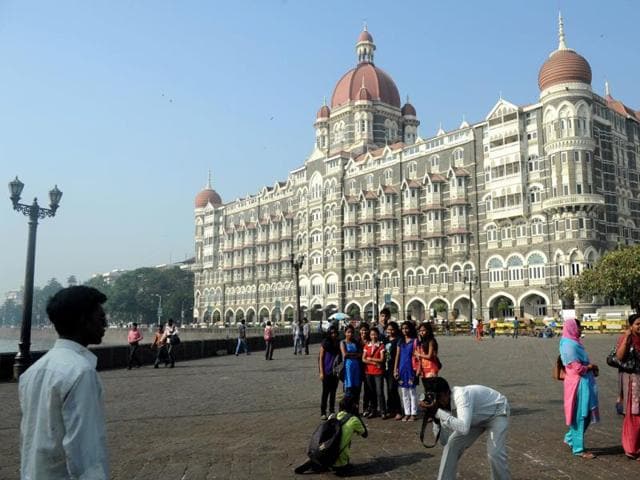Time to ask why Mumbai is still insecure
It is that time of the year again when we commemorate the 26/11 terror attack, more correctly the 60-hour siege in south Mumbai, and ask ourselves: is the city more secure today than it was six years ago? No, of course it is not.
It is that time of the year again when we commemorate the 26/11 terror attack, more correctly the 60-hour siege in south Mumbai, and ask ourselves: is the city more secure today than it was six years ago? No, of course it is not.

Nor is it certain that another attack or siege mounted from the sea or the sky or a conventional terror strike will be met with a textbook response from the agencies responsible for Mumbai’s security and disaster management.
Six years have been lost discussing what the city needs to beef up its security. There have been plans and recommendations, but precious little action on the ground or in the sea. Two of the big projects outlined since then, the closed circuit television cameras (CCTV) coverage of the city and the coastal security management, have yet to get off the ground or yield the desired results. That chief minister Devendra Fadnavis is talking about speeding up the CCTV project in 2014 is a telling comment.
The 26/11 attack was obviously well-planned and clinically-executed by “non-state actors” and others across India’s western border, but it was equally an abject failure of the country’s intelligence and security apparatus.
Six years later, there is little clarity on the exact nature of the systemic failure that shook the nation. The half-functional metal detectors at the Chhatrapati Shivaji Terminus and Churchgate nodal railway stations, better ones in malls and office complexes are not enough to prevent another round of bloodbath.
The lingering sense of insecurity in Mumbai and elsewhere is galling in the light of the fact that the central government has spent upwards of Rs15,000 crore a year, on an average, on the country’s intelligence agencies, according to assessments by researchers studying India’s security.
At the last count, there were 25 different agencies and departments tasked with the responsibility to gather intelligence and prevent attacks across the country. The National Security Guard (NSG) commandos were initially made to live in slum redevelopment buildings without water supply.
We should have been asking tough questions about these and more such anomalies in the security structure. We cannot because everything to do with national security is non-transparent and non-accountable except to the hierarchical command of these agencies. The country’s security apparatus was kept completely out of the purview of the Right to Information Act. Not even Parliament has complete information on how such huge sums of money are spent, its outcomes and why failures recur.
The moot question is: does India have a cogent and coherent anti-terrorism strategy in place? There are others. Why did former home minister RR Patil, who visited London in September 2011 “to study the CCTV” coverage there, not operationalise it in Mumbai? Can the proposed National Counter Terrorism Centre become functional? Why is the National Investigation Agency, set up as a direct outcome of the 26/11 attack, caught even today in turf wars with local police and other agencies?
All those responsible for Mumbai’s security must give us the confidence that they not only have a strategy, but also the means and ability to operationalise it. Police units in the United States developed Multiple Assault Counter Terrorism Action Capability barely two years after the 26/11 attack to respond to a similar one. Six years later, Mumbaiites live on the hope that the new government will secure the city better than its predecessor did.
Get Current Updates on India News, Lok Sabha election 2024 live, Election 2024 along with Latest News and Top Headlines from India and around the world.




